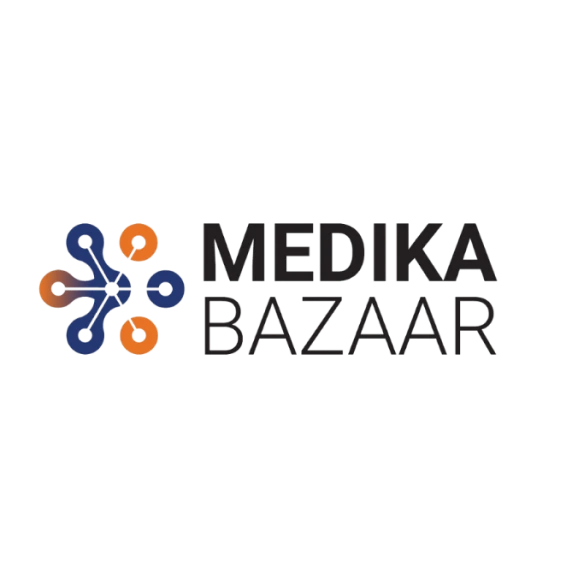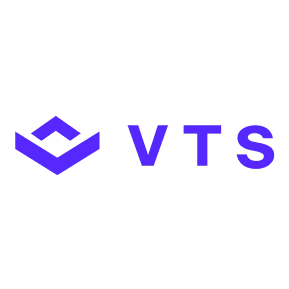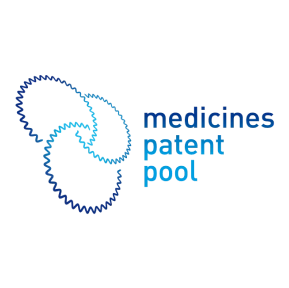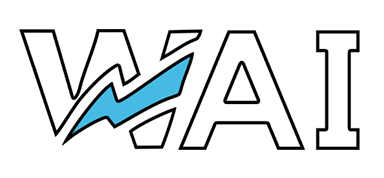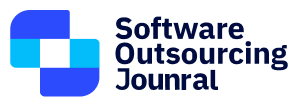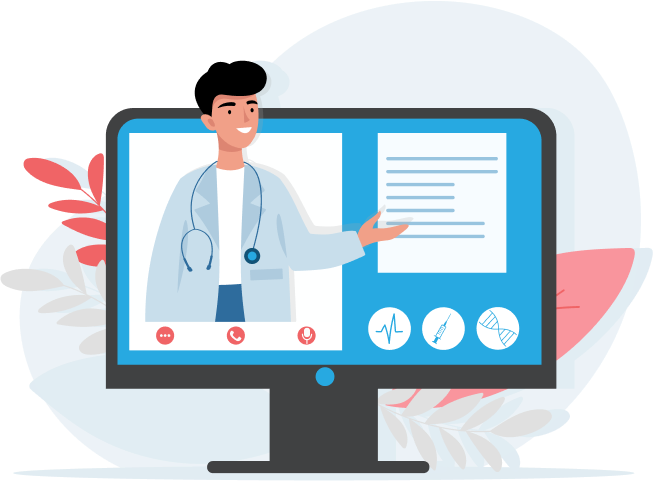
Brands That Love Us

How Can Custom Healthcare Solutions Help?
Healthcare software solutions play a crucial role in facilitating informed decision-making and improving patient outcomes. Through secure applications and online platforms, healthcare providers can efficiently manage patient records, conduct seamless transactions, and access personalized insights, contributing to the overall enhancement of medical services.
Why Opt For Our Services?
Join the revolution in healthcare software solutions with Ajackus as your partner. We specialize in simplifying technology, boosting efficiency, and enhancing user experience to revolutionize and elevate your healthcare operations.
- Interoperable Healthcare Platforms
- Population Health Management Systems
- Digital Health Identity Verification Services
- Cloud-Based Healthcare Solutions
- Healthcare Analytics and Reporting
- Telemedicine Solutions
- Healthcare ERP Systems
- Artificial Intelligence in Diagnostics
- Healthcare Information Exchange (HIE) Solutions
- Patient Engagement Platforms
- Customized Electronic Health Record (EHR) Systems
- Medical Billing and Claims Processing Software
Why Choose Our Healthcare IT Solutions?
With adaptability at the core, our software engineers upgrade systems, optimize user experience, address technical debt, and elevate competitiveness for healthcare institutions in an ever-evolving landscape.

Speech Recognition for Medical Transcription
We integrate speech recognition technology for efficient medical transcription services, improving accuracy and saving time in documenting patient records.

Augmented Reality in Surgical Planning
We utilize augmented reality for surgical planning, providing our surgeons with advanced visualization tools for precision and efficiency in medical procedures.

Cloud-Based Collaborative Healthcare Platforms
We foster collaboration among our healthcare professionals with cloud-based platforms, enabling seamless information sharing and interdisciplinary care.

Point-of-Care Testing Solutions
We implement point-of-care testing solutions for rapid and accurate diagnostic results, improving the efficiency of healthcare delivery in various settings.
What our Clients are Saying

23 Reviews

FAQs
Artificial intelligence (AI) is a game-changer in Healthcare IT, revolutionizing various aspects of patient care. AI-powered algorithms analyze vast datasets to identify patterns and predict disease trends, aiding in early diagnosis and preventive interventions. Natural language processing (NLP) enhances the extraction of valuable insights from unstructured data, such as clinical notes. Additionally, AI-driven decision support systems assist healthcare professionals in making evidence-based decisions, improving treatment outcomes. The integration of AI in Healthcare IT holds great promise for efficiency gains, cost-effectiveness, and ultimately, better patient outcomes.
Healthcare IT plays a pivotal role in population health management by aggregating and analyzing health data on a broader scale. It allows healthcare providers to identify trends, assess risk factors, and implement targeted interventions for specific populations. Electronic health records (EHRs) provide a comprehensive view of patient populations, enabling proactive measures for preventive care and chronic disease management. Data-driven insights facilitate the development of public health strategies and policies, ultimately contributing to improved overall health outcomes within communities.
Yes, Blockchain technology holds significant potential in enhancing the security of Healthcare IT systems. Its decentralized and cryptographic nature ensures the integrity and confidentiality of health data. Blockchain can be employed to create secure, tamper-proof ledgers for health records, preventing unauthorized access and tampering. This innovative approach enhances data privacy and mitigates the risk of data breaches. By providing a transparent and immutable record of transactions, Blockchain technology adds an extra layer of security to Healthcare IT, instilling confidence in patients and healthcare providers alike.
Healthcare IT is instrumental in advancing telemedicine services by providing the technological infrastructure needed for remote healthcare delivery. Telehealth platforms enable virtual consultations, remote monitoring, and electronic prescription services. Integrated Healthcare IT systems ensure secure and seamless communication between healthcare providers and patients, fostering a convenient and accessible healthcare experience. The use of telemedicine powered by Healthcare IT not only expands healthcare access but also improves efficiency in delivering care, making it a valuable tool in addressing the evolving needs of patients and healthcare professionals.
The digitization of healthcare information significantly enhances patient engagement by providing individuals with convenient access to their health data. Patient portals, enabled by Healthcare IT, empower individuals to view their medical records, test results, and treatment plans online. This transparency promotes active involvement in healthcare decision-making, encourages adherence to treatment regimens, and facilitates communication with healthcare providers. Ultimately, the digitization of healthcare information fosters a collaborative approach between patients and healthcare teams, leading to improved health outcomes and a more patient-centric healthcare experience.






